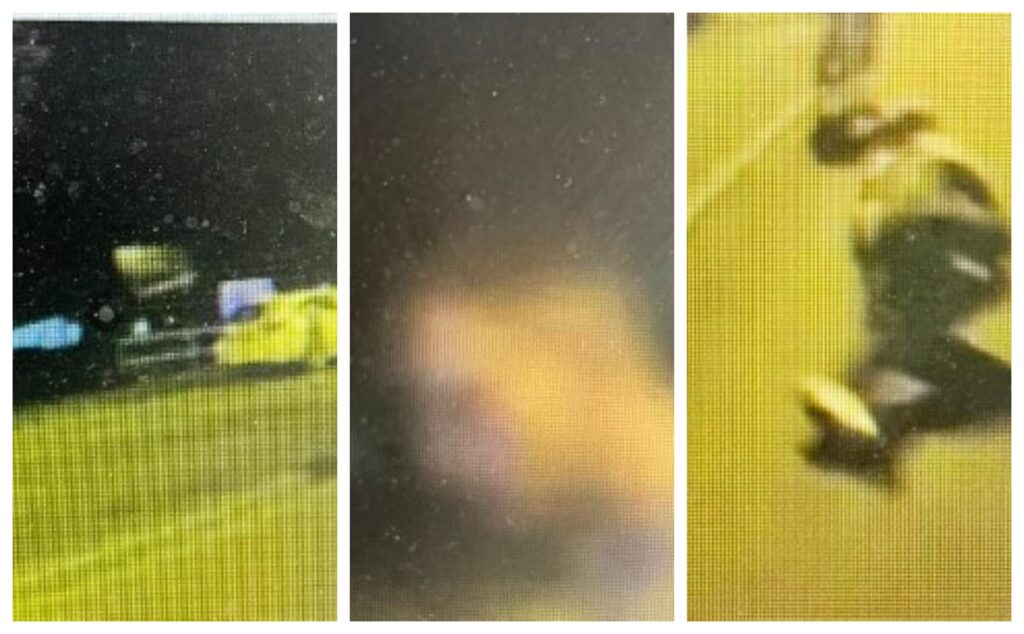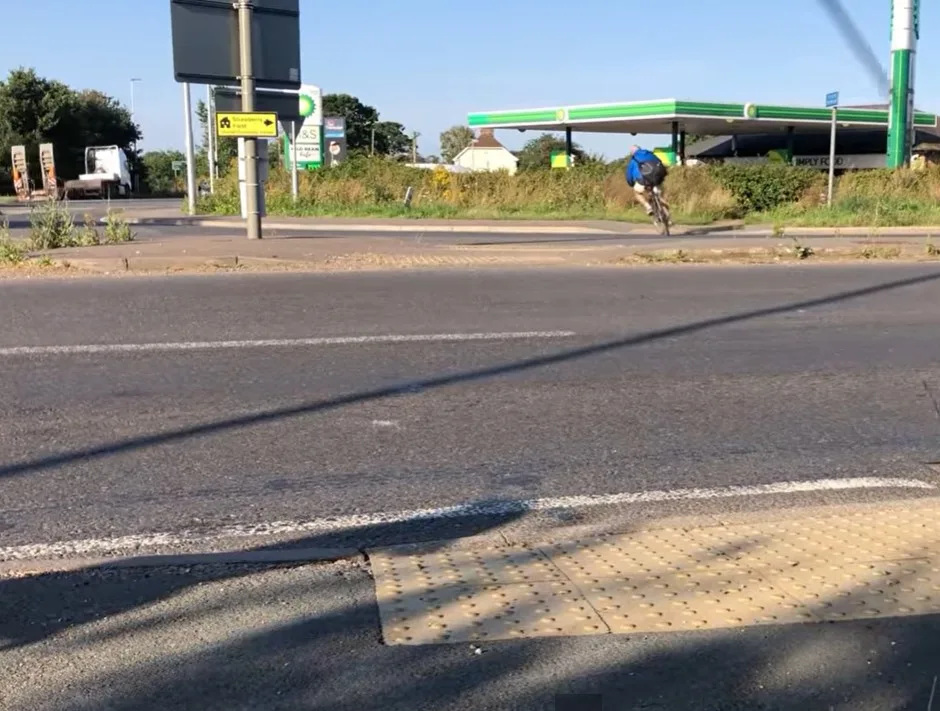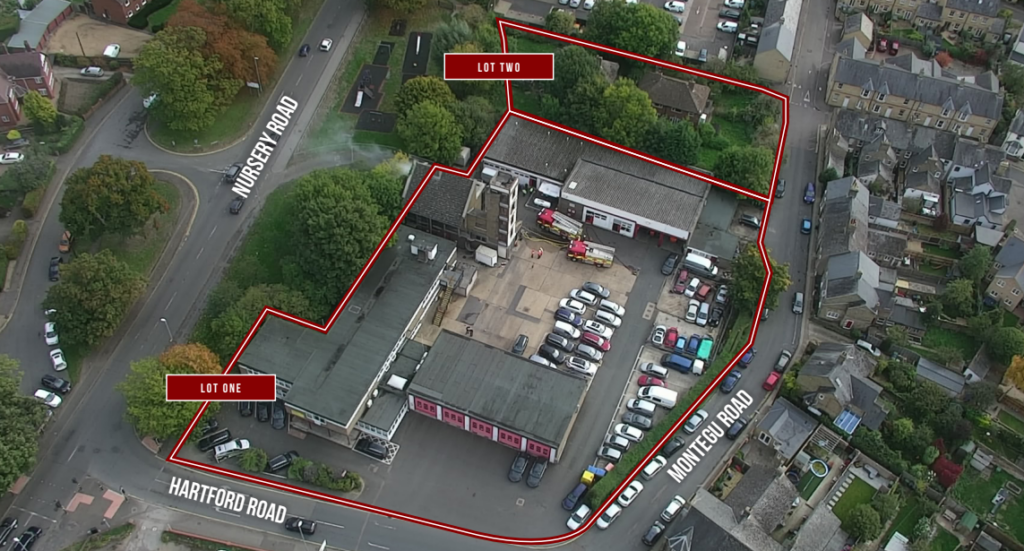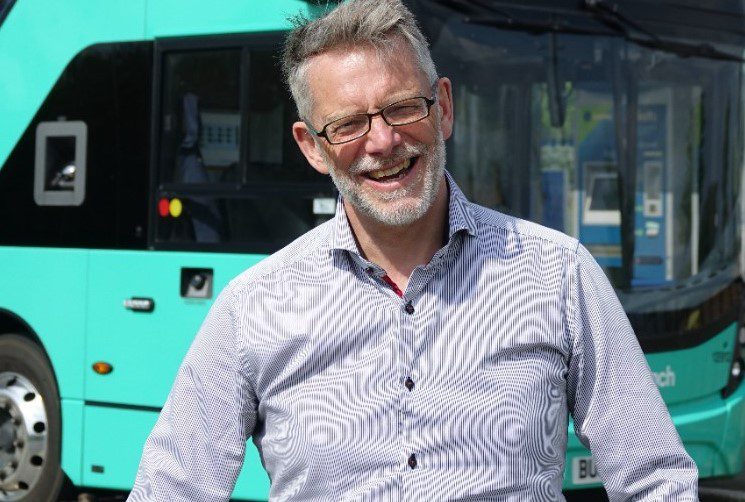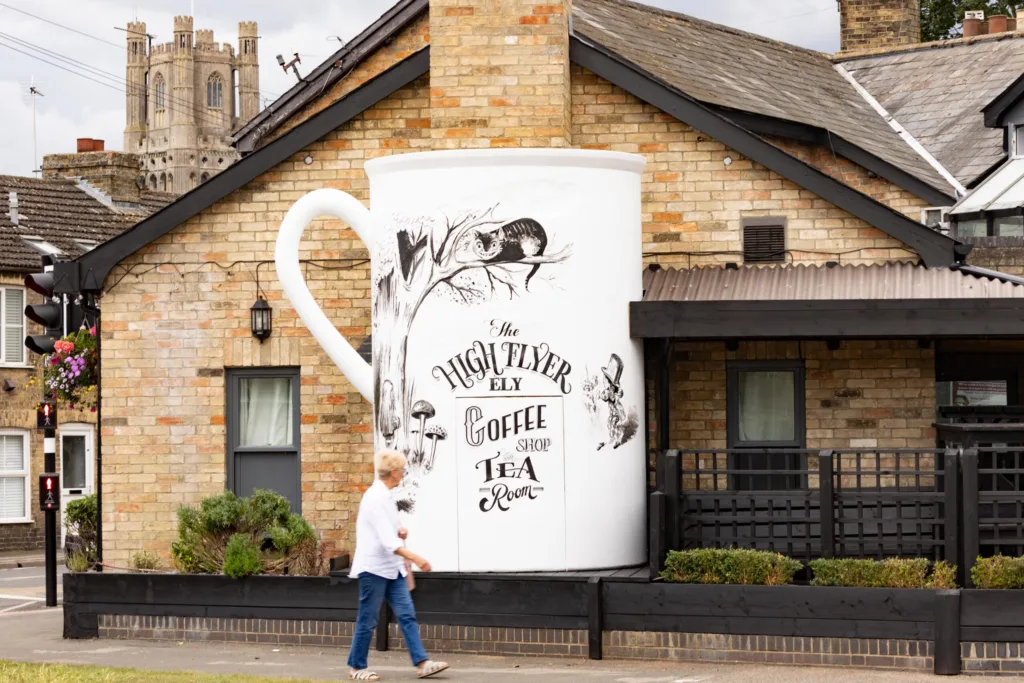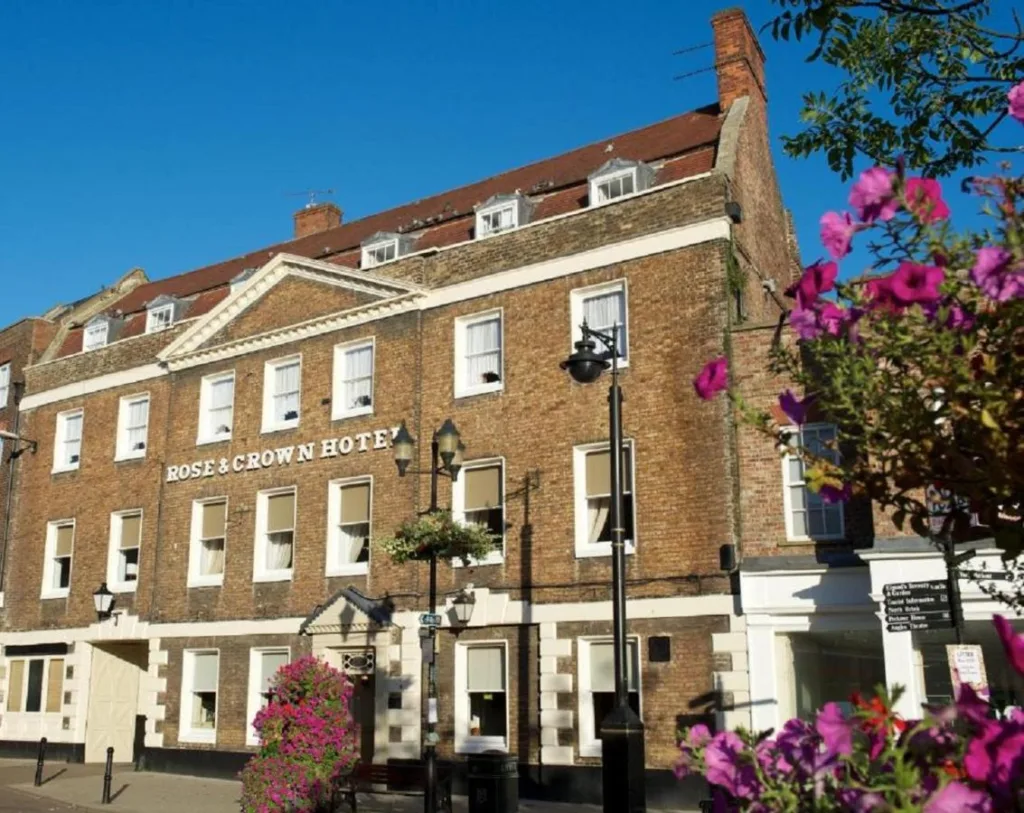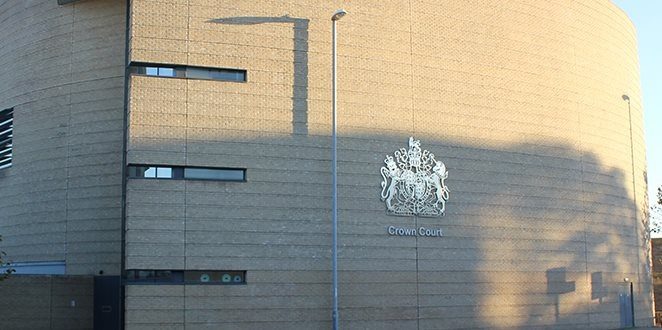Cambridgeshire and Peterborough could retain the £2 single bus fare cap into 2025 and funded through a modest rise in the Mayoral precept.
Budget papers prepared for the next meeting of the Cambridgeshire and Peterborough Combined Authority indicate this has become a serious proposition after the Government announced the existing £2 cap would rise to £3 for 2025.
A paper being presented to the Combined Authority on November 13 in which Mayor Dr Nik Johnson invites a consultation on upping the £36 Mayoral precept by a small amount which, although not stated, is clearly aimed at providing extra resource to keep the £2 fare throughout 2025.
A report to the board notes that “the Mayor is proposing to seek views on whether to maintain the precept at this level or apply an uplift of 4.99 per cent (in line with the maximum for upper tier transport authorities) resulting in a Band D equivalent of £37.80”.
The issue was raised earlier this week at the Combined Authority transport and infrastructure committee following a request by a Conservative activist, Sophie Corcoran, to “follow in the footsteps of Andy Burnham in Greater Manchester and use the Mayoral precept, which you have tripled, to keep the cap at £2?”.
Councillor Anna Smith, the Deputy Mayor, said this was not a decision the committee could make, as budgetary decisions were made by the Board and the Mayor.

She said: “The Mayor and the Combined Authority are absolutely resolute in committing to delivering meaningful improvements in passenger transport for the people of Peterborough and Cambridgeshire.
“Under the Mayor’s leadership we are working tirelessly to expand and improve the region’s bus services, making them accessible, reliable, and affordable for everyone.
“Our initiatives locally continue to reflect this dedication, most notably through the introduction of new and expanded bus routes that better connect our communities.”
As the report to the board makes clear, the income from the Mayoral precept is ring fenced for passenger transport.
And with the likelihood of the budget forecasts for 2025 already identified, any new subsidy would need to be financed.
Mayor Johnson will test the water, so to speak, among local council leaders who make up the Combined Authority board to see if they have the appetite for a small increase in the precept to fund a subsidy to bus companies to ensure the £2 cap is retained.
Comparisons to Manchester, where Mayor Andy Burnham has already pledged to retain the £2 cap, are not realistic since his city operates under a different system and is about to take buses under his control through bus franchising, a process Cambridgeshire and Peterborough is actively pursuing.
Mayor Burnham said: “Greater Manchester is on course to complete the re-regulation of buses on time and on budget early in the New Year, becoming the first city-region outside London to put them fully back under public control after four decades of deregulation.
“Our policy aim throughout has been to create a low-fare, high-patronage system similar to the one that has brought higher growth and productivity to London.
“On 5/1/25, we will proceed with our plan to introduce a new simpler, flatter fare structure based around a £2 single fare and, on 23/3/25, a contactless London-style payment system with a daily and weekly cap setting a maximum for what people pay when travelling on our buses and trams.
“Because of the decisions we have taken, and the progress we have made, Greater Manchester is in a different position to other areas across England when it comes to bus funding and bus fares. We are beginning to benefit from similar financial advantages as those long enjoyed by London.”



